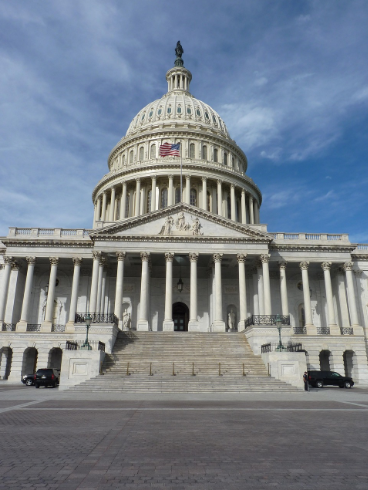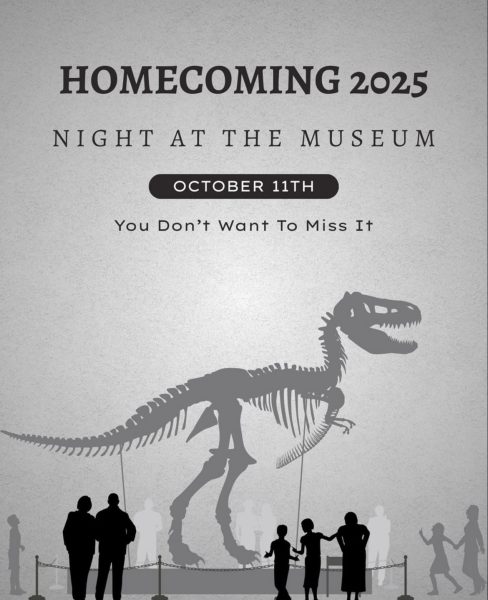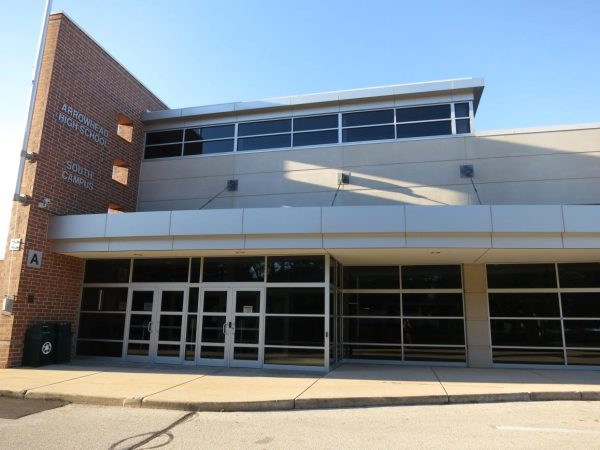What Happens Outside of Our Borders: Syrian Chemical Bombing
On August 21st, 2013, Muadhamiya, a suburb of the capital city of Syria, was struck by rockets in the early morning. Only hours after the attack, videos taken by bystanders were uploaded of clearly sick citizens (though they showed no surface wounds). In the videos, citizens crowded the streets and groups laid in rows with faces full of distress, fear, and pain.
On April 4th, 2017, Syria experienced the worst chemical attack since that day. Videos again swarmed the internet. In these videos, people foamed at the mouth, choking, gasping for breath, lying in the street, while chemicals filled their lungs.
I woke up that morning, April 4th, in my safe bubble of Pewaukee, Wisconsin, completely unaware of what happened overseas. But when I walked into my mother’s room, I saw terror upon her face. She proceeded to inform me of the news.
According to The New York Times, the government of Bashar al-Assad, the current president of Syria, disposed of chemical weapons four years ago. He continues to deny these attacks had anything to do with his military. Despite this, President Trump, as well as other Western leaders, blame the Syrian government for the attack.
After the most recent bombing, attention was drawn to former President Barack Obama. He was criticized for not following through with a threat to retaliate in 2013 when citizens of Syria were gassed by their own people. Rather than retaliating, Obama came to an agreement with Assar in which all of their chemical weapons would be surrendered.
Obama was thrust into the presidency and into deciding how to deal with the actions of the Syrian government. He was hesitant about throwing the United States into another war and wished to attempt negotiation before doing so. Though he prepared retaliation, Congress did not give approval. Instead, the agreement to get rid of chemical weapons was arranged.
President Trump took a different approach. When he heard of the recent chemical attack, a missile strike was ordered against Syria.
While action needs to take place, I struggle to believe that confronting violence with more violence is the right path.
Chlorine gas attacks have become fairly common in Syria, taking lives and injuring citizens. However, witnesses proclaimed that the 2017 bombing was not similar to the previous ones. Rather than taking place in an enclosed space, the chemical gas was spread into a larger radius. According to The New York Times, this affected and ultimately killed an estimate of 69 to 100 of people.
Though this attack shocked me, what happened the next day was was even more surprising: silence. An attack that took lives, that caused suffering, had taken place just a few hours prior and yet as I walked down Arrowhead’s hallways the next day, it was as though nothing happened. I began to wonder if we really know what goes on outside our borders—or if we ignore it because we do not believe we have the power to change anything.
According to The Telegraph, Assad claimed the entire attack was fictitious.
“Our impression is that the West, mainly the United States, is hand-in-glove with the terrorists. They fabricated the whole story in order to have a pretext for the attack,” he said.
Later, he stated to The Telegraph, once again, that his government had nothing to do with the onslaught: “There was no order to make any attack…We gave up our arsenal a few years ago. Even if we have them, we wouldn’t use them.”
Despite these claims, world leaders, including the prime minister of Britain, continued to believe the attack was carried out by the Assad administration.
Instances like this take place outside of our borders daily. But Americans (especially my generation) tend to ignore horrific facts for pleasant news. It continues to baffle me that I do not hear discussion about these topics, as they will affect the world we have to take care of.
We must educate ourselves on what occurs outside of our bubble. Otherwise, the world will continue to fall apart and we will not have a clue it is happening.





